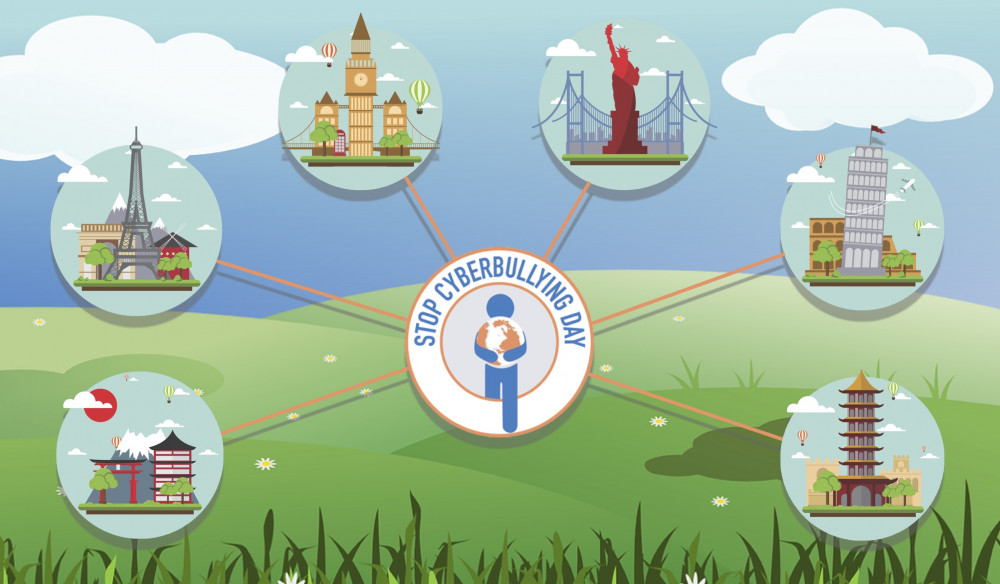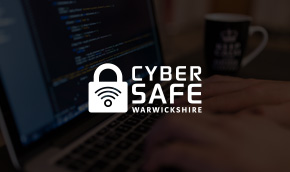To mark Stop Cyberbullying Day 2017, The Cybersmile Foundation have released the findings of a major international survey focused on cyberbullying, online abuse and harassment.
The report highlights the levels of bystander exposure to various types of online abuse including racist, homophobic and religious based abuse online.
Highlights from the survey found that:
61.9% of female respondents in the UK had seen the most online abuse on Facebook, compared to other social media sites
55.1% of all respondents in the UK had seen the most online abuse take place on Facebook, compared to 19.1% on Twitter; 10.85 on YouTube; 8% on Snapchat; and 7% on Instagram
40.6% of respondents in the UK aged 18-24 had seen racist abuse online
37.1% of respondents in thje UK aged 18-24 had seen homophobic abuse online
31.5% of respondents in the UK aged 18-24 had seen religion based abuse online
Top Tips For Dealing With Cyber BullyingSave Evidence – If things escalate, you might need to demonstrate ‘persistent harassment’ for legal action
Don’t Retaliate – Cyberbullies and harassers want a reaction. By ignoring them you aren’t giving them what they want
Report and Block – If the abuse is on a social media platform, block and report the user/ content to the platform administrators. Information on how you can report online hate speech can be found here.
Speak to Someone – Regardless of your age, telling someone about your abusive experience can help you maintain a healthy perspective about the situation
Get Help & Support
The NSPCC have reported that in 2015/16, 25,700 Childline counselling sessions with children focussed on issues relating to bullying. More information and support relating to cyber bullying is available via the NSPCC website.
ThinkUKnow is a national website which offers tailored advice to young people about online safety concerns. There is also a section on there if you are a parent/carer or a teacher who is concerned about a young person’s safety online.


